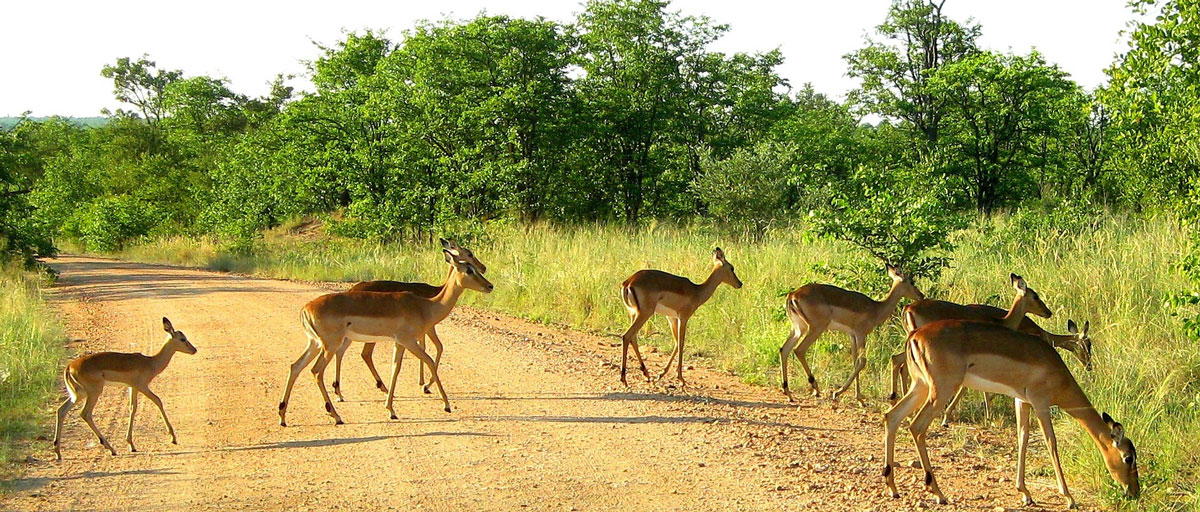RESEARCH THEMES
RESEARCH Streams
SHORTCUTS
Want to know more about our research? Click here!
INTERDISCIPLINARY COURSES
Stockholm Resilience Centre offers interdisciplinary courses on first (Undergraduate), second (Master's) and third (PhD) levels of University education. Want to know more about our courses? Click here!
POLICY and Practice
Our engagement in science-policy-practice activities has increased steadily over the years and range from high-level UN dialogues to local resilience assessments. Want to know more about our policy work? Click here!
Bildtext får vara max två rader text. Hela texten ska högerjusteras om den bara ska innehålla fotobyline! Photo: B. Christensen/Azote
Standfirst
Reflections on a transdisciplinary journey in conservation science
Stockholm Seminar with professor Dirk Roux, Specialist Scientist for South African National Parks, Friday 30 November
Text
The combined pressures that the >200,000 protected areas (PAs) of the world experience from drivers of environmental change and evolving societal expectations create interesting opportunities and challenges for conservation science.
While most conservation issues are inherently social-ecological in nature, PA-based research is still dominated by an ecological focus. Addressing complex social-ecological issues requires integrative, adaptive, systemic and socially engaged research approaches, allowing for ongoing and collaborative learning and integration of knowledge across disciplines, sectors, scales and science-policy-practice realms. This is the purview of the emerging discipline of sustainability science and the practice of transdisciplinary research.
This talk reflects on experiences in transdisciplinary research over the past decade, within a conservation and protected area context. In particular, it focuses on insights related to (a) designing transdisciplinary research projects to achieve mutual learning among relevant stakeholders, and (b) managing expectations and career implications (from the perspective of a cross-over scientist).
About Dirk Roux
Professor Dirk Roux is a freshwater conservation scientist with experience spanning the fields of limnology, environmental monitoring and reporting, water resource governance and policy, conservation planning, ecosystem services, adaptive management and transdisciplinary research. Dirk is Specialist Scientist for South African National Parks and Adjunct Professor at the Sustainability Research Unit, Nelson Mandela University.
His current work interests include: (a) promoting protected areas as outdoor laboratories and enabling the effectiveness and productivity of SANParks’ own researchers; (b) understanding and realising the potential of national parks to deliver ecosystem services and benefits to society across scales, including non-material benefits to visitors engaging in various nature activities; and (c) embedding insights from research in decision-making and public understanding through processes of adaptive management and transdisciplinary research.

Stockholm Resilience Centre
Stockholm University, Kräftriket 2B
SE-10691
Phone: +46 8 674 70 70
info@stockholmresilience.su.se
Organisation number: 202100-3062
VAT No: SE202100306201




